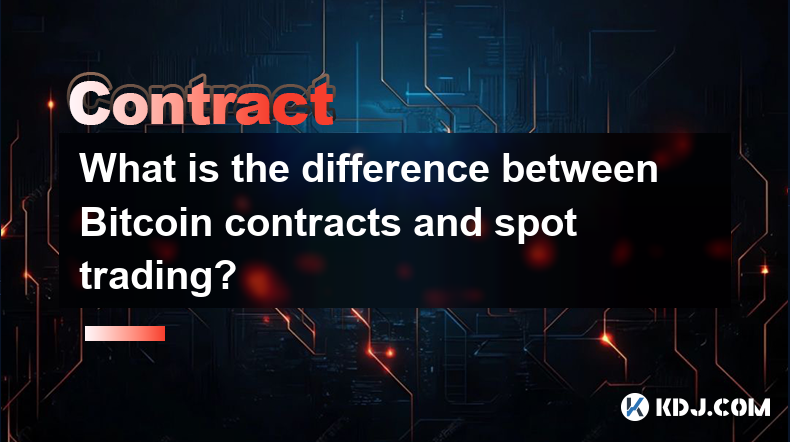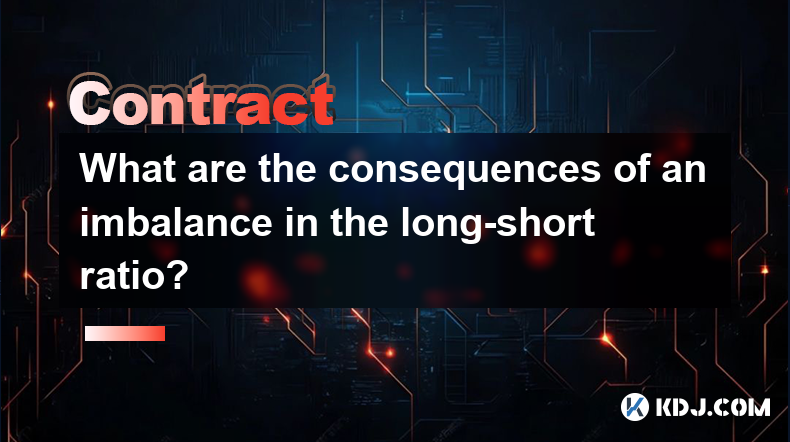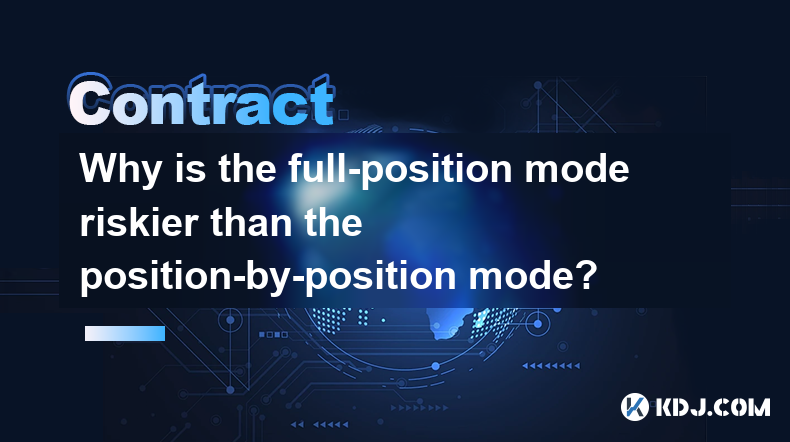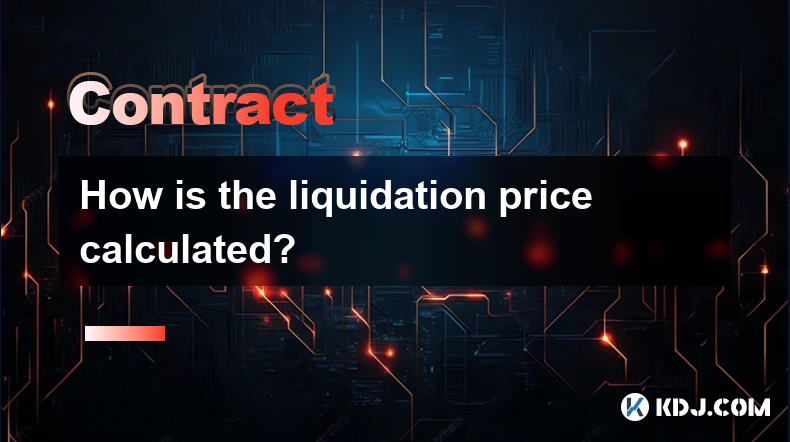-
 Bitcoin
Bitcoin $85,236.8618
0.90% -
 Ethereum
Ethereum $1,615.9773
1.41% -
 Tether USDt
Tether USDt $0.9996
-0.02% -
 XRP
XRP $2.0883
0.66% -
 BNB
BNB $591.2394
-0.31% -
 Solana
Solana $138.7789
3.57% -
 USDC
USDC $0.9997
-0.02% -
 Dogecoin
Dogecoin $0.1571
-0.57% -
 TRON
TRON $0.2426
0.82% -
 Cardano
Cardano $0.6304
0.44% -
 UNUS SED LEO
UNUS SED LEO $9.3083
0.85% -
 Chainlink
Chainlink $12.9679
2.88% -
 Avalanche
Avalanche $20.2445
5.87% -
 Stellar
Stellar $0.2481
3.09% -
 Toncoin
Toncoin $2.9678
-0.99% -
 Shiba Inu
Shiba Inu $0.0...01230
0.25% -
 Hedera
Hedera $0.1667
0.48% -
 Sui
Sui $2.1626
1.33% -
 Bitcoin Cash
Bitcoin Cash $334.6897
-2.24% -
 Hyperliquid
Hyperliquid $18.0279
6.84% -
 Polkadot
Polkadot $3.8084
3.15% -
 Litecoin
Litecoin $76.0021
-0.32% -
 Bitget Token
Bitget Token $4.5255
2.93% -
 Dai
Dai $0.9999
-0.01% -
 Ethena USDe
Ethena USDe $0.9992
-0.02% -
 Pi
Pi $0.6488
4.29% -
 Monero
Monero $211.1432
-2.44% -
 Uniswap
Uniswap $5.3268
2.64% -
 Pepe
Pepe $0.0...07424
2.66% -
 OKB
OKB $50.9311
0.82%
What is the difference between Bitcoin contracts and spot trading?
Bitcoin spot trading offers immediate Bitcoin ownership at the current market price, while contracts involve agreements to buy/sell at a future date, often with leverage magnifying both profits and losses.
Mar 21, 2025 at 08:56 am

What is the difference between Bitcoin contracts and spot trading?
Key Points:
- Spot trading involves the immediate buying and selling of Bitcoin at the current market price. It's a direct exchange of Bitcoin for fiat currency (like USD) or another cryptocurrency. The buyer receives the Bitcoin instantly, and the seller receives the payment instantly. Risk is primarily tied to price volatility.
- Bitcoin contracts, often referred to as derivatives, represent an agreement to buy or sell Bitcoin at a future date at a predetermined price. They don't involve immediate ownership of Bitcoin. These contracts allow traders to speculate on Bitcoin's price movements without directly holding the asset. Risk is magnified due to leverage and the potential for significant losses if the market moves against the trader's position. Several types of contracts exist, including futures, options, and perpetual swaps, each with its own set of characteristics and risk profiles.
- Understanding leverage: A significant difference lies in the use of leverage in contract trading. Leverage allows traders to control a larger position than their actual capital would allow. While leverage can amplify profits, it equally amplifies losses, potentially leading to liquidation (forced closure of the position) if the market moves adversely. Spot trading doesn't typically involve leverage.
- Regulatory landscape: The regulatory landscape surrounding Bitcoin contracts and spot trading differs significantly across jurisdictions. Spot trading often falls under existing securities laws, while the regulatory framework for Bitcoin contracts is still evolving and varies considerably depending on the type of contract and the jurisdiction.
Spot Trading: A Deep Dive
- Mechanism: Spot trading is the most straightforward way to buy and sell Bitcoin. It operates on exchanges that act as intermediaries, matching buyers and sellers. When a buyer places an order to buy Bitcoin at a specific price, the exchange searches for a seller willing to sell at that price or better. Once a match is found, the trade executes, and the buyer receives the Bitcoin while the seller receives the equivalent value in fiat currency or another cryptocurrency. The transaction is almost instantaneous, with only minor delays related to network confirmation times.
- Risk Profile: The primary risk in spot trading is price volatility. The price of Bitcoin can fluctuate significantly in short periods, leading to potential losses for buyers who purchased at a high price and see the price drop. Conversely, sellers who sold at a low price might miss out on potential gains if the price rises later. However, the risk is limited to the amount of Bitcoin purchased or sold. There's no potential for losses beyond the initial investment, unlike leveraged contract trading.
- Trading Strategies: Spot trading offers various strategies, from simple buy-and-hold approaches to more complex strategies involving technical analysis and chart patterns. Traders can employ various indicators and tools to try to predict price movements and time their entries and exits accordingly. However, even the most sophisticated strategies cannot guarantee profits due to Bitcoin's inherent volatility.
- Suitability: Spot trading is generally considered suitable for investors with a long-term perspective and a higher risk tolerance. It’s a more appropriate approach for those who are comfortable holding Bitcoin through periods of price fluctuation, confident in its long-term potential. However, it also requires a basic understanding of cryptocurrency markets and trading mechanics. It is not suitable for those seeking quick, high-return trades.
Bitcoin Contracts: A Detailed Examination
Types of Contracts: Several types of Bitcoin contracts exist, each with its own characteristics and risk profile:
- Futures Contracts: These are agreements to buy or sell Bitcoin at a predetermined price on a specific future date. They are standardized contracts traded on regulated exchanges. The buyer (long position) agrees to buy Bitcoin at the future price, while the seller (short position) agrees to sell. The risk is tied to the price difference between the contract's price and the actual market price at the expiry date.
- Options Contracts: These give the buyer the right, but not the obligation, to buy (call option) or sell (put option) Bitcoin at a specific price on or before a certain date. The seller of the option is obligated to fulfill the contract if the buyer exercises their right. Options contracts offer a degree of flexibility and risk management that futures contracts don't provide.
- Perpetual Swaps: These are contracts that have no expiry date. They are similar to futures contracts but are designed to track the spot price of Bitcoin continuously. They often involve high leverage, significantly amplifying both potential profits and losses. Perpetual swaps are typically traded on decentralized exchanges (DEXs) or centralized exchanges offering derivative trading. They're especially susceptible to extreme market movements and liquidation risks.
- Leverage and Margin: A key feature of Bitcoin contract trading is the use of leverage. This allows traders to control a larger position size than their available capital. For instance, 10x leverage means a trader can control a position ten times their initial investment. However, this amplifies both profits and losses proportionally. Traders must maintain a certain level of margin (collateral) in their trading account to keep their positions open. If the market moves against the trader's position, and the margin falls below a certain threshold (the maintenance margin), the exchange may liquidate the position to recover its losses.
- Risk Management: Trading Bitcoin contracts carries substantial risk. The potential for significant losses due to leverage and market volatility is considerably higher than in spot trading. Effective risk management strategies, including setting stop-loss orders (to limit potential losses) and position sizing (to control the amount of capital at risk), are crucial for mitigating these risks.
- Regulatory Considerations: The regulatory landscape surrounding Bitcoin contracts is complex and varies significantly across jurisdictions. Some jurisdictions have established clear regulatory frameworks for certain types of contracts, while others are still developing their approaches. Traders should carefully consider the regulatory environment in their region before engaging in contract trading. The lack of stringent regulation in some jurisdictions increases the risk of scams and fraudulent activities.
FAQs
Q: Which is riskier, spot trading or Bitcoin contracts?
A: Bitcoin contracts, particularly those involving leverage, are significantly riskier than spot trading. In spot trading, your losses are limited to the amount of Bitcoin you purchase. However, with leveraged contracts, losses can far exceed your initial investment, leading to liquidation and potential substantial financial losses.
Q: Can I use leverage in spot trading?
A: Typically, no. Leverage is not a standard feature of spot trading. Some platforms might offer margin trading for spot, but this is different from the leverage used in contracts. Margin trading in spot still carries risks, but the level of risk is usually lower than with contract trading.
Q: What are the advantages of Bitcoin contracts?
A: Bitcoin contracts offer the ability to speculate on price movements without directly owning Bitcoin. Leverage allows traders to amplify their potential profits. They also provide opportunities for hedging (protecting against potential losses in other investments). Options contracts offer flexibility and risk management tools not available in spot trading.
Q: What are the advantages of spot trading?
A: Spot trading is simpler and easier to understand than contract trading. It involves direct ownership of Bitcoin, which many investors prefer. The risk is limited to the amount invested, making it a more conservative approach. Spot trading is generally considered a more suitable strategy for long-term investors.
Q: How can I learn more about Bitcoin contracts and spot trading?
A: Numerous online resources, including educational websites, articles, and videos, provide information on both spot and contract trading. Many cryptocurrency exchanges also offer educational materials for their users. However, it's crucial to conduct thorough research and understand the risks involved before engaging in any cryptocurrency trading activity. Consider consulting with a financial advisor before making any investment decisions.
Q: Are Bitcoin contracts legal everywhere?
A: The legality of Bitcoin contracts varies depending on the jurisdiction and the specific type of contract. Some jurisdictions have established clear regulatory frameworks, while others are still developing their approaches. Traders should research the legal and regulatory landscape in their region before engaging in contract trading. Operating in an unregulated market significantly increases the risk of fraud and scams.
Q: What is liquidation in the context of Bitcoin contracts?
A: Liquidation is the forced closure of a leveraged position by an exchange when the trader's margin (collateral) falls below a certain threshold. This occurs when the market moves against the trader's position, resulting in losses that deplete their margin. Liquidation protects the exchange from potential losses but can lead to significant financial losses for the trader.
Q: Are there fees associated with spot trading and contract trading?
A: Yes, both spot and contract trading typically involve fees. Spot trading fees usually consist of trading fees (a percentage of the trade value) and potentially withdrawal fees. Contract trading fees can be more complex and may include trading fees, funding fees (for perpetual swaps), and liquidation fees. It's essential to understand the fee structure of any exchange before engaging in trading.
Disclaimer:info@kdj.com
The information provided is not trading advice. kdj.com does not assume any responsibility for any investments made based on the information provided in this article. Cryptocurrencies are highly volatile and it is highly recommended that you invest with caution after thorough research!
If you believe that the content used on this website infringes your copyright, please contact us immediately (info@kdj.com) and we will delete it promptly.
- The Crypto Market Is Heating Up Again—and It's Not Just Bitcoin or Ethereum This Time
- 2025-04-20 05:35:12
- After years of regulation-by-enforcement, the SEC is now open to public input on crypto policy
- 2025-04-20 05:35:12
- Bitcoin (BTC) Prices Hold Steady Near $83,200 as Thousands Protest Against Trump
- 2025-04-20 05:30:12
- While the Crypto Market Oscillates Without a Clear Direction, Some Internal Dynamics Are Reigniting Tensions
- 2025-04-20 05:30:12
- XploraDEX Presale Enters Its Final 48 Hours, with the Energy Electric Across the XRP Community
- 2025-04-20 05:25:12
- Justin Sun Hints at TRX ETF on SEC Website, Sparking Crypto Community Excitement
- 2025-04-20 05:25:12
Related knowledge

How does Tail Protection reduce the loss of liquidation?
Apr 11,2025 at 01:50am
Introduction to Tail Protection in CryptocurrencyTail Protection is a mechanism designed to mitigate the risks associated with liquidation in cryptocurrency trading. Liquidation occurs when a trader's position is forcibly closed by the exchange due to insufficient margin to cover potential losses. This often happens in leveraged trading, where traders b...

What are the consequences of an imbalance in the long-short ratio?
Apr 13,2025 at 02:50pm
The long-short ratio is a critical metric in the cryptocurrency trading world, reflecting the balance between bullish and bearish sentiments among traders. An imbalance in this ratio can have significant consequences on the market dynamics, affecting everything from price volatility to trading strategies. Understanding these consequences is essential fo...

How to judge the market trend by the position volume?
Apr 11,2025 at 02:29pm
Understanding how to judge the market trend by position volume is crucial for any cryptocurrency trader. Position volume, which refers to the total number of open positions in a particular cryptocurrency, can provide valuable insights into market sentiment and potential price movements. By analyzing this data, traders can make more informed decisions ab...

Why does a perpetual contract have no expiration date?
Apr 09,2025 at 08:43pm
Perpetual contracts, also known as perpetual futures or perpetual swaps, are a type of derivative product that has gained significant popularity in the cryptocurrency market. Unlike traditional futures contracts, which have a fixed expiration date, perpetual contracts do not expire. This unique feature raises the question: why does a perpetual contract ...

Why is the full-position mode riskier than the position-by-position mode?
Apr 13,2025 at 03:42pm
Why is the Full-Position Mode Riskier Than the Position-by-Position Mode? In the world of cryptocurrency trading, the choice between full-position mode and position-by-position mode can significantly impact the risk profile of a trader's portfolio. Understanding the differences between these two modes is crucial for making informed trading decisions. Th...

How is the liquidation price calculated?
Apr 12,2025 at 01:35am
Introduction to Liquidation PriceLiquidation price is a critical concept in the world of cryptocurrency trading, particularly when dealing with leveraged positions. Understanding how this price is calculated is essential for traders to manage their risk effectively. The liquidation price is the point at which a trader's position is forcibly closed by th...

How does Tail Protection reduce the loss of liquidation?
Apr 11,2025 at 01:50am
Introduction to Tail Protection in CryptocurrencyTail Protection is a mechanism designed to mitigate the risks associated with liquidation in cryptocurrency trading. Liquidation occurs when a trader's position is forcibly closed by the exchange due to insufficient margin to cover potential losses. This often happens in leveraged trading, where traders b...

What are the consequences of an imbalance in the long-short ratio?
Apr 13,2025 at 02:50pm
The long-short ratio is a critical metric in the cryptocurrency trading world, reflecting the balance between bullish and bearish sentiments among traders. An imbalance in this ratio can have significant consequences on the market dynamics, affecting everything from price volatility to trading strategies. Understanding these consequences is essential fo...

How to judge the market trend by the position volume?
Apr 11,2025 at 02:29pm
Understanding how to judge the market trend by position volume is crucial for any cryptocurrency trader. Position volume, which refers to the total number of open positions in a particular cryptocurrency, can provide valuable insights into market sentiment and potential price movements. By analyzing this data, traders can make more informed decisions ab...

Why does a perpetual contract have no expiration date?
Apr 09,2025 at 08:43pm
Perpetual contracts, also known as perpetual futures or perpetual swaps, are a type of derivative product that has gained significant popularity in the cryptocurrency market. Unlike traditional futures contracts, which have a fixed expiration date, perpetual contracts do not expire. This unique feature raises the question: why does a perpetual contract ...

Why is the full-position mode riskier than the position-by-position mode?
Apr 13,2025 at 03:42pm
Why is the Full-Position Mode Riskier Than the Position-by-Position Mode? In the world of cryptocurrency trading, the choice between full-position mode and position-by-position mode can significantly impact the risk profile of a trader's portfolio. Understanding the differences between these two modes is crucial for making informed trading decisions. Th...

How is the liquidation price calculated?
Apr 12,2025 at 01:35am
Introduction to Liquidation PriceLiquidation price is a critical concept in the world of cryptocurrency trading, particularly when dealing with leveraged positions. Understanding how this price is calculated is essential for traders to manage their risk effectively. The liquidation price is the point at which a trader's position is forcibly closed by th...
See all articles























































































